Artificial Intelligence (AI) is revolutionizing industries around the world, bringing automation to processes once thought to require human intellect. While AI offers efficiency and innovation, it also raises important questions about the future of work. Experts across technology, economics, and labor markets are weighing in on how AI-driven automation will reshape jobs and employment.
Understanding AI and Job Automation
AI-driven automation involves using intelligent machines and algorithms to perform tasks that traditionally required human effort — from customer service to data analysis and manufacturing. As these technologies mature, the impact on the workforce becomes more significant and complex.
What Experts Are Saying
Disruption is Inevitable, but Not Uniform
Experts agree that AI will not affect all jobs equally. Routine, repetitive tasks — particularly in manufacturing, logistics, and administration — are most vulnerable to automation. However, roles requiring emotional intelligence, critical thinking, and creativity are expected to be more resilient.
The Importance of Reskilling and Education
Economists and tech leaders stress the importance of preparing workers for a shifting job market. As some roles disappear, others will emerge — especially those involving AI oversight, data analysis, and ethical governance.
A Shift in Workforce Structure
AI may reduce demand for certain roles, but it also has the potential to enhance productivity and create new job categories. Experts suggest a hybrid workforce where humans and machines work together, each focusing on what they do best.
Ethical and Social Implications
Job automation also brings ethical concerns — such as inequality, displacement, and the digital divide. Experts advocate for policy frameworks that ensure fair transitions and protect vulnerable groups during economic shifts.
Conclusion
Experts agree that while AI and automation will disrupt the job market, they also offer immense potential for innovation and growth. The key lies in proactive strategies: investing in education, reskilling workers, and developing ethical policies. With thoughtful planning and human-centered design, the future of work can be one of empowerment, not displacement.


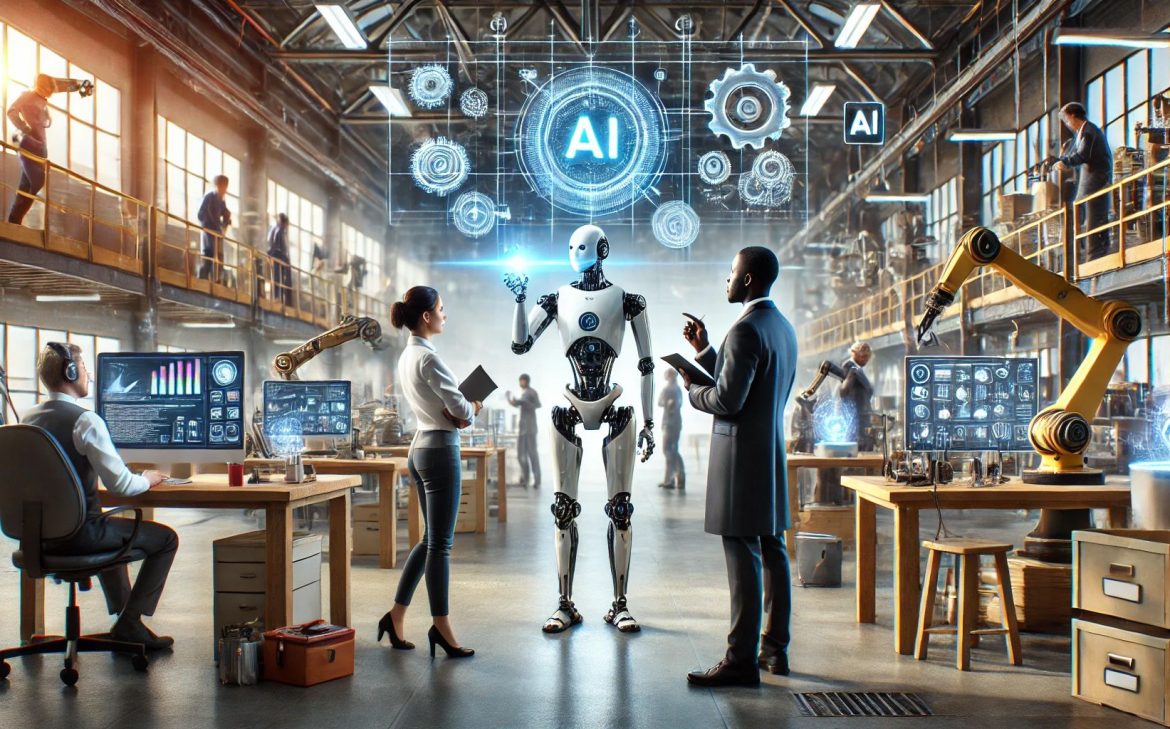
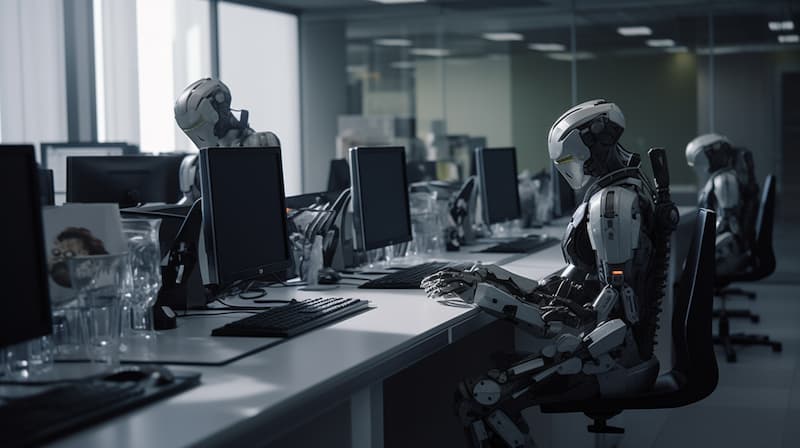
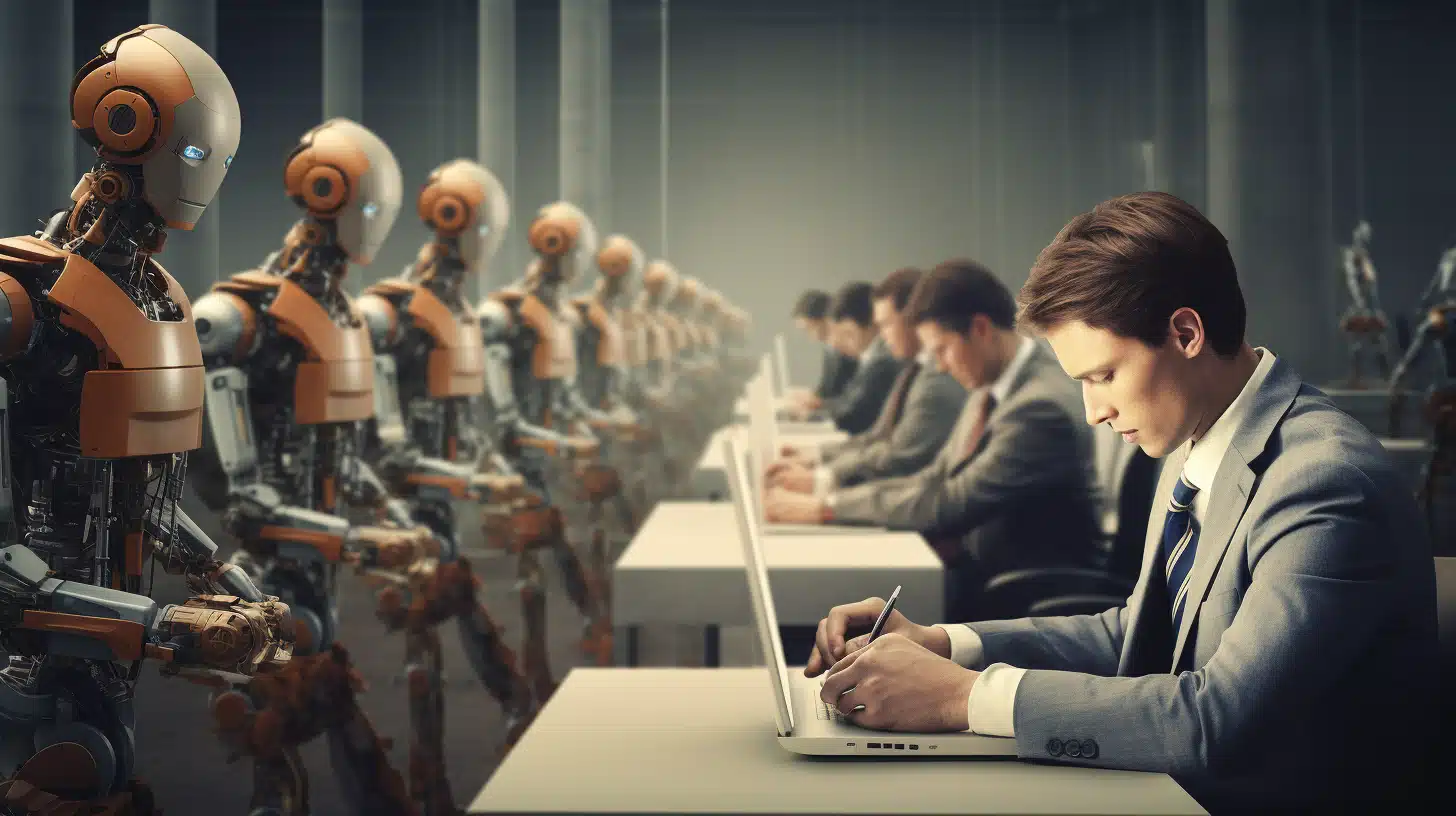
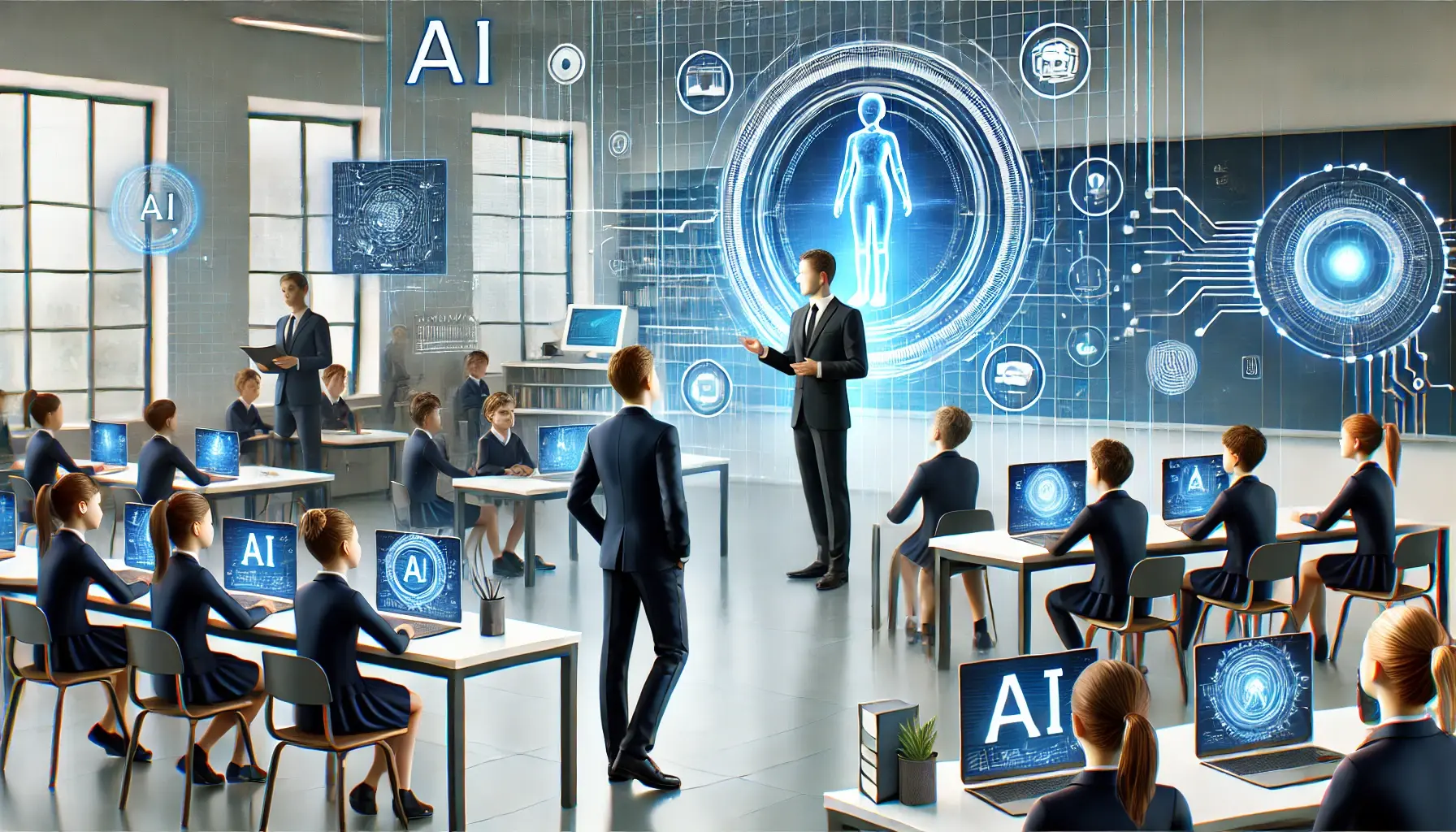
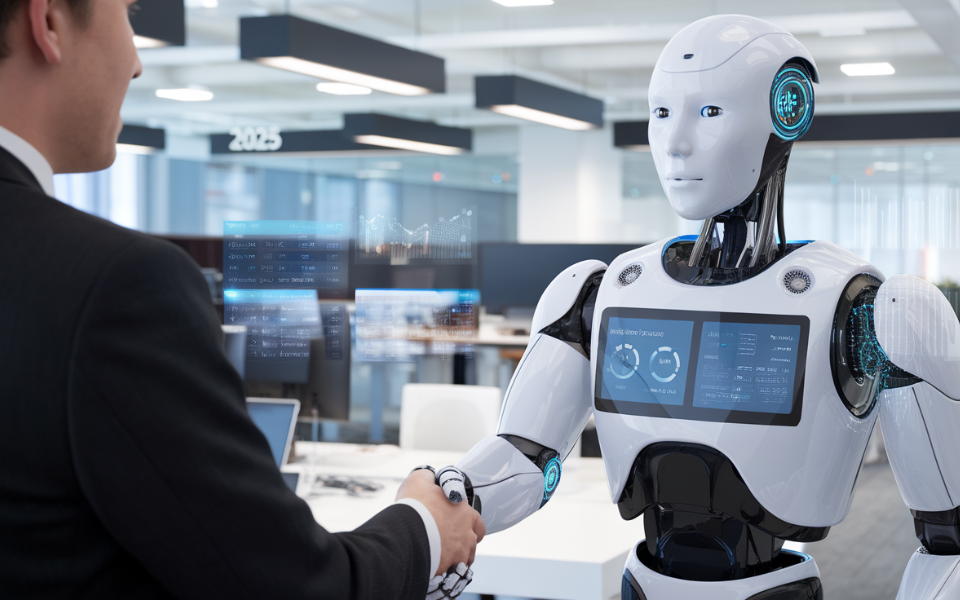
Leave feedback about this